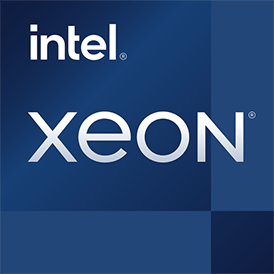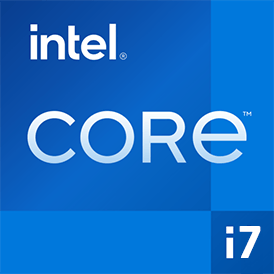
What's the best choice Intel Core i7-7700 or Intel Xeon E5-2698 v3? Which processor is faster?
We have prepared a comparison to help you choose the best processor. Compare their specifications and benchmarks.
Intel Core i7-7700 has a maximum frequency of 3.60 GHz. 4 Cores. Power consumption of 65 W. Released in Q1/2017.
Intel Xeon E5-2698 v3 has a maximum frequency of 2.30 GHz. 16 Cores. Power consumption of 135 W. Released in Q3/2014.
 Reasons to consider
Reasons to consider Place in the overall ranking
(based on several benchmarks)
Higher clock speed
Around 36% better clock speed
Higher turbo clock speed
Around 14% better overclocked clock speed
Performance per watt
times less performance per watt
Common positions Intel Core i7-7700 CPU in popular benchmarks, for comparison with other models.
 Reasons to consider
Reasons to consider Place in the overall ranking
(based on several benchmarks)
More number of cores
About 4 times more cores
Common positions Intel Xeon E5-2698 v3 CPU in popular benchmarks, for comparison with other models.
 Intel Core i7-7700
Intel Core i7-7700

Background information about the processors being compared, series, generation and market segment.
Basic parameters such as number of cores, number of threads, base and turbo frequency, and cache size. These parameters indirectly tell about the speed of the processor, the higher they are the better.
Internal Graphics does not affect the performance of the CPU, performs the work of the graphics card in its absence or on mobile devices.
Built-in codecs used to encode and decode content. Significantly speeds up the required operations.
Types, channel quantity of RAM supported by Intel Xeon E5-2698 v3 and Intel Core i7-7700. Depending on the motherboards, higher or lower memory frequencies may be supported.
Compare the TDP requirements of TDP Intel Core i7-7700 and Intel Xeon E5-2698 v3 to select a cooling system. Note, the TDP value refers to thermal watts, not electrical watts.
Architecture, interfaces, additional instructions supported by Intel Core i7-7700 and Intel Core i7-7700, virtual machine technologies and process technology.
Based on the results of several benchmarks, you can more accurately estimate the difference in performance between Intel Core i7-7700 and Intel Xeon E5-2698 v3.
Compare the synthetic test values and choose the best processor!